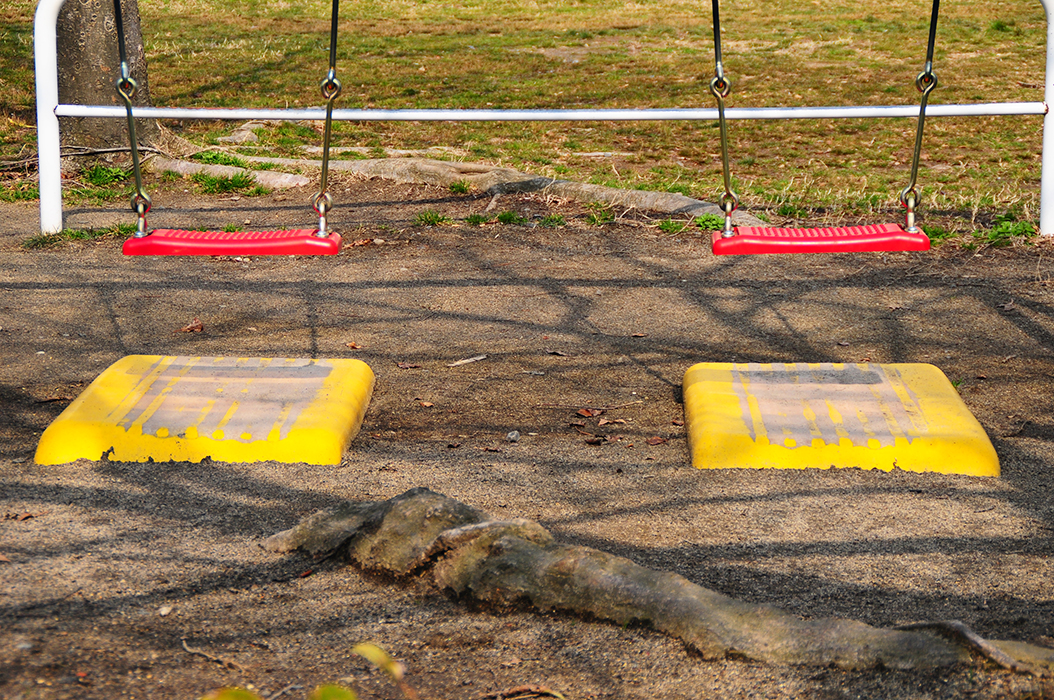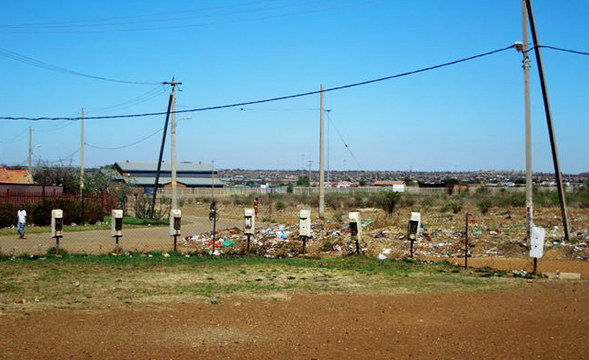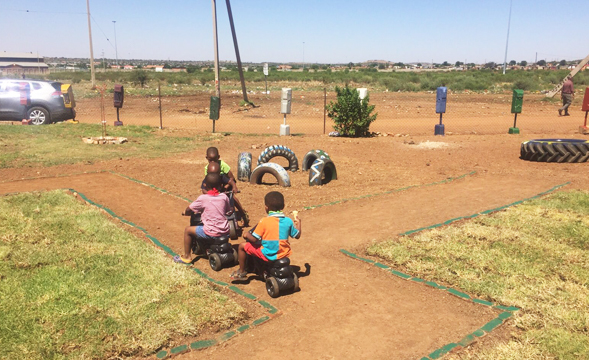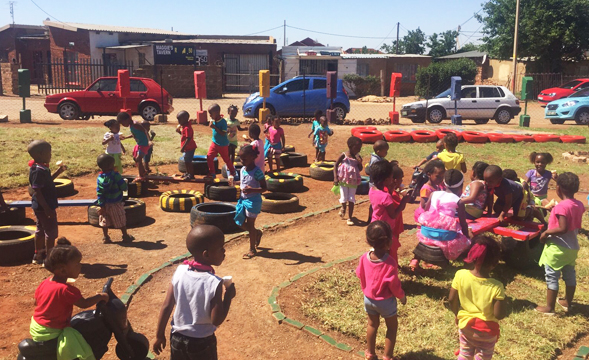Children need to play outside, as this improves their motor and social skills and provides a healthy dose of vitamin D, among other benefits. However, there is a shortage of plans for green, child-friendly open spaces, especially in the rural areas of South Africa.
Nowadays there is a growing awareness of how important and beneficial safe, well-designed open spaces are for children, according to Prof Juaneé Cilliers of the research group for spatial planning, development and implementation in the Faculty of Natural and Agricultural Sciences.
“Municipalities, particularly those in rural areas, frequently do not attend to these important spaces within communities, often as a result of budget restrictions, but also because the value of these areas is not quantified.”
She says research has shown that a child’s interaction with the world is directly influenced by their natural environment. “The fact that 29,2% of South Africa’s population is younger than 15 years makes it even more important for us to plan and make provision for enough green, child-friendly open spaces.”
Taking hands with Finland
Juaneé says research is under way in collaboration with colleagues from Aalto University in Finland. The National Research Foundation (NRF) accepted a proposal in 2015 for
research on the spatial planning of child-friendly spaces, and is still funding the project.
Planning local child-friendly spaces and making decision makers aware of their importance is part of her community engagement project. Two master’s students, one PhD student and a postdoctoral fellow are working with her on this project.
“In collaboration with Prof Anita Pienaar from Kinderkinetics, we have studied gross and fine motor skills that children of various ages should have, and are trying to incorporate them in the physical planning and development of the spaces.”
Children from Vaalharts and Ikageng benefit
The researchers have applied the concept of child-friendly areas in the Vaalharts area, using data gathered by the Africa Unit for Transdisciplinary Health Research (AUTHeR), a research unit on the campus in Potchefstroom. The King’s Kids nursery school in Ikageng was also included as a case study and a qualitative redesign of the area was facilitated by Equilibria School of Life in Potchefstroom.
“Our biggest challenge is to get ethical approval for the research, as children are regarded as a vulnerable group and data recordings have to be handled sensitively,” says Juaneé.
Safety is also a challenge. “The interpretation of safety for our reality and that of Europe, for example, differs greatly. In Finland safety is linked to the independent movement of children in
an area, while we are much more attuned to criminal considerations and how the design of such spaces can address that.”
“We hope that this research will help to guide municipalities in the planning and development of sufficient child-friendly spaces in South Africa.”
This public open space in Ikageng was turned into a beautiful interactive space for children. The photos show how the space looked before, during and after the project.




<
>